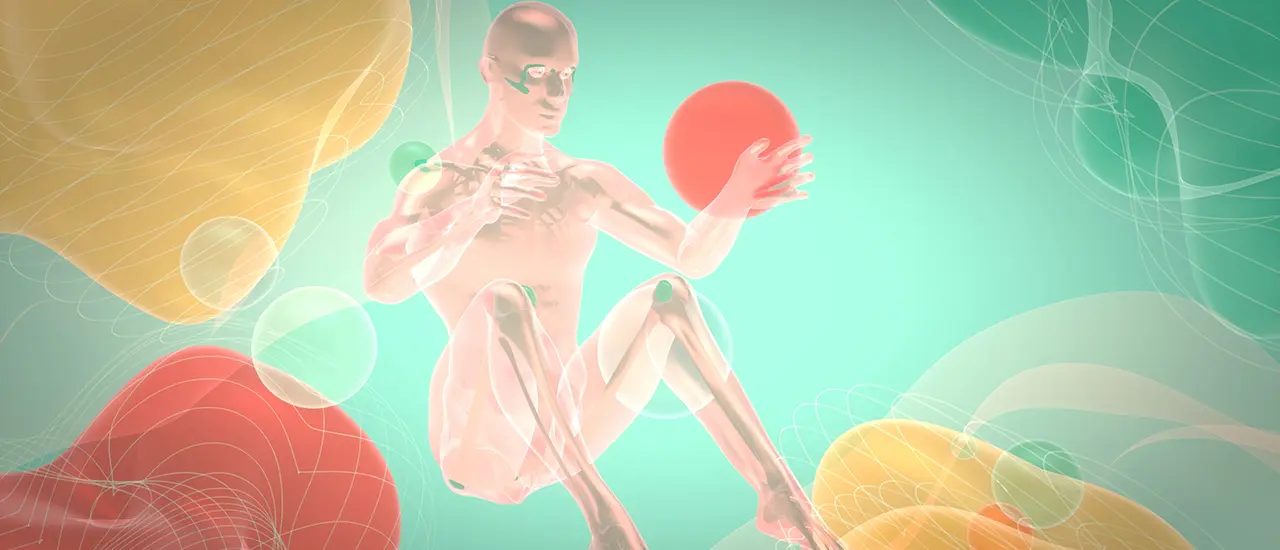The Hidden Power Players in Your Body: The Significance of Electrolytes for Preserving Fluid Balance

Our bodies are amazing machines with complex systems that function flawlessly together. Preserving a precise balance of fluids inside and around our cells is essential to this equilibrium. Electrolytes, those necessary minerals that conduct electricity when dissolved in water, have a significant impact on this equilibrium.
The Unsung Heroes of Hydration: Electrolytes

Electrolytes are more than simply mineral names. They are essential for several body processes, chief among them being fluid equilibrium. How to do it is as follows:
• Osmotic Pressure: A gradient in concentration of electrolytes, especially sodium and potassium, is created between cell membranes. The gradient that controls the flow of water between cells and the surrounding fluids is referred to as the osmotic pressure. Electrolyte balance guarantees that water remains where it's required, avoiding cell edema and dehydration.
• Muscle and Nerve Function: Electrolytes—such as sodium, potassium, calcium, and magnesium—are essential for enabling muscle contractions and transferring nerve impulses. Muscle spasms, weakness, exhaustion, and even abnormalities in the heart's rhythm might result from an imbalance.
• pH Regulation: A healthy blood pH level, or the delicate balance between acidity and alkalinity, is maintained in part by electrolytes. For the best possible enzyme activity and general cellular health, this equilibrium is essential.
The Functions of Common Electrolytes

• Sodium (Na+): Sodium, the main electrolyte found outside of cells, aids in controlling fluid volume and blood pressure.
• Potassium (K+): Potassium, the major electrolyte found in cells, is necessary for nerve impulses, muscular contraction, and sustaining normal blood pressure.
• Chloride (Cl-): Cooperates with sodium to control fluid volume and blood pressure.
• Calcium (Ca2+): In addition to being essential for healthy bones and teeth, calcium is also involved in blood clotting, nerve transmission, and muscle contraction.
• Magnesium (Mg2+): Magnesium is necessary for the body's approximately 300 metabolic processes, including the synthesis of energy, the contraction of muscles, and the functioning of enzymes.
When Improper Electrolyte Balance Occurs
Electrolyte imbalances can be caused by a number of things, such as:
• Excessive sweating: Electrolyte loss occurs as a result of excessive perspiration during physical activity, labor, or hot weather.
• Diarrhea and vomiting: Dehydration and electrolyte imbalance can result from these circumstances' rapid fluid and electrolyte loss.
• Certain medications: Certain drugs, such as laxatives and diuretics, can cause electrolyte depletion.
• Eating disorders: Electrolyte imbalances can result from purging or restrictive dietary habits.
Electrolyte imbalance symptoms

Depending on which electrolyte is impacted, the precise symptoms might vary, however some typical indications include:
- Weakness, cramping in the muscles, or exhaustion
- Vomiting, diarrhoea, or nausea
- Feeling lightheaded or dizzy
- Headache
- Perplexity or agitation
- Irregular heartbeat
Keeping Electrolyte Balance: A Several-Pronged Method
Fortunately, a mix of healthful behaviors will help you maintain electrolyte balance:
• Hydration is Key: Throughout the day, sip on lots of water, especially if it's hot outside or you're exercising. Steer clear of sugary drinks and go for clear ones.
• Electrolyte-Rich Diet: Add vegetables and fruits such as avocados, almonds, bananas, and leafy greens that are high in calcium, magnesium, and potassium.
• Post-Workout Replenishment: Sports beverages or electrolyte pills can help replenish lost electrolytes after exercise, particularly if the activity was strenuous or lengthy.
• Listen to Your Body: Keep an eye out for symptoms of electrolyte imbalance or dehydration and modify your food or fluid consumption accordingly.
Speaking with a Medical Expert

While upholding healthy behaviors is important, you should also see a doctor if you have ongoing symptoms that point to an electrolyte imbalance. They will evaluate your particular circumstances, suggest sensible methods for replacing fluids and electrolytes, and take care of any underlying medical issues causing the imbalance.
Electrolytes: The Basis for Optimal Wellbeing
You can guarantee your body operates at its best by realizing the significance of electrolytes and taking action to keep their balance. Recall that these necessary minerals are the unsung heroes that maintain the smooth operation of your bodily fluids, the peak performance of your muscles, and the clear communication of your nervous system.
